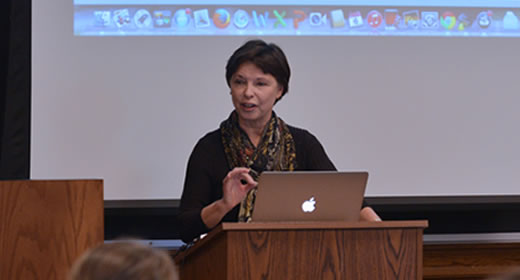
Transitional Justice in the Middle East and North Africa, a new Oxford University Press book edited by Chandra Lekha Sriram (University of London), focuses on transitional justice in MENA countries in the wake of the Arab Spring. The book features a chapter by Susan Waltz entitled "Linking Transitional Justice and Human Rights."
Excerpt:
It is often assumed that a primary purpose of transitional justice processes is to improve human rights, such that the two are inextricably entwined. I begin this chapter, though, with the proposition that such assumptions must be discarded, or at least set aside, if we are to consider the relationship between processes of transitional justice and any eventual impact on a state's human rights performance. Viewed abstractly, transitional justice is a neutral policy instrument; it is a political device that can be used for several purposes, some at odds with the others. Some elements of civil society may hope for an improvement in human rights, but political leaders endorsing or promoting the idea of transitional justice may simply want to mark a political moment or consolidate a regime transition – or punish rivals and seal away an unpalatable past. Transitional justice need not be linked to the modern concept of human rights, and indeed, scholars have referred back as far as ancient Greece to understand the workings of judicial processes intended to mark a political transition.
In the contemporary period, transitional justice mechanisms have proliferated and have taken many forms, including lustration, truth commissions, trials and reparations.
The multiple forms of transitional justice are one important factor responsible for differential effects on subsequent human rights practice, but not the only one. The motivation and capacity of those in power after a political transition also shape the outcome of transitional justice processes. Authorities can support a judicial process with sincere intention to reveal truths and prosecute wrongdoing, but alternatively they can simply go through the motions, hoping to placate domestic or international critics and move on. Even officials who are not committed to reform or enhancing human rights may find some merit in a process of transitional justice that distances them from their predecessors and weakens or eliminates political rivals. In sum, many different motivations may lead to endorsement of a transitional justice policy, and there are accordingly good reasons to be skeptical that the outcome will favor human rights. As Jack Donnelly has observed, “Respecting human rights is extremely inconvenient for a government, even in the best of circumstances. And the less pure the motives of those in power, the more irksome human rights appear.”